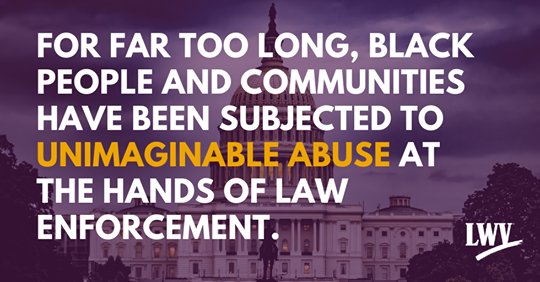Not everything that is faced can be changed, but nothing can be changed until it is faced. – James Baldwin
I'm reading Caste: The Origins of Our Discontents by Isabel Wilkerson and wanted to share the section below. You may find this disturbing to read, as was I. But then I thought more about it and realized that this was only 70 years ago. And I say only, because I was born in 1947, which means that this was the culture I was born into without even realizing it.
You may think: Well things are different now. I think this. We can pass laws that prohibit discrimination, but we cannot pass a law that changes a person’s heart or mind or eliminates Systemic Racism. I think there are people my age that still believe that there was nothing wrong with this and that the lifeguards were magnanimous under the circumstances. Please read and think.
"In 1951, a Little League baseball team in Youngstown, Ohio, won the city championship. The coaches, unthinkingly, decided to celebrate with a team picnic at a municipal pool. When the team arrived at the gate, a lifeguard stopped one of the Little Leaguers from entering. It was Al Bright, the only black player on the team. His parents had not been able to attend the picnic, and the coaches and some of the other parents tried to persuade the pool officials to let the little boy in, to no avail.
The only thing the lifeguards were willing to do was to let them set a blanket for him outside the fence and to let people bring him food. He was given little choice and had to watch his teammates splash in the water and chase each other on the pool deck while he sat alone on the outside.
From time to time, one or another of the players or adults came out and sat with him before returning to join the others, his childhood friend, the author Mel Watkins, would write years later. It took an hour or so for a team official to finally convince the lifeguards that they should at least allow the child into the pool for a few minutes. The supervisor agreed to let the Little Leaguer in, but only if everyone else got out of the water, and only if Al followed the rules they set for him.
First, everyone—meaning his teammates, the parents, all the white people—had to get out of the water. Once everyone cleared out, “Al was led to the pool and placed in a small rubber raft,” Watkins wrote. A lifeguard got into the water and pushed the raft with Al in it for a single turn around the pool, as a hundred or so teammates, coaches, parents, and onlookers watched from the sidelines. After the “agonizing few minutes” that it took to complete the circle, Al was then “escorted to his assigned spot” on the other side of the fence.
During his short time in the raft, as it glided on the surface, the lifeguard warned him over and over again of one important rule “Just don’t touch the water,” the lifeguard said, as he pushed the rubber float. “Whatever you do, don’t touch the water.”
A part of that little boy died that afternoon. When one of the coaches offered him a ride home, he declined. “With champion trophy in hand,” Watkins wrote, Al walked the mile or so back home by himself. He was never the same after that."
Linda McKenney
September 14, 2021



